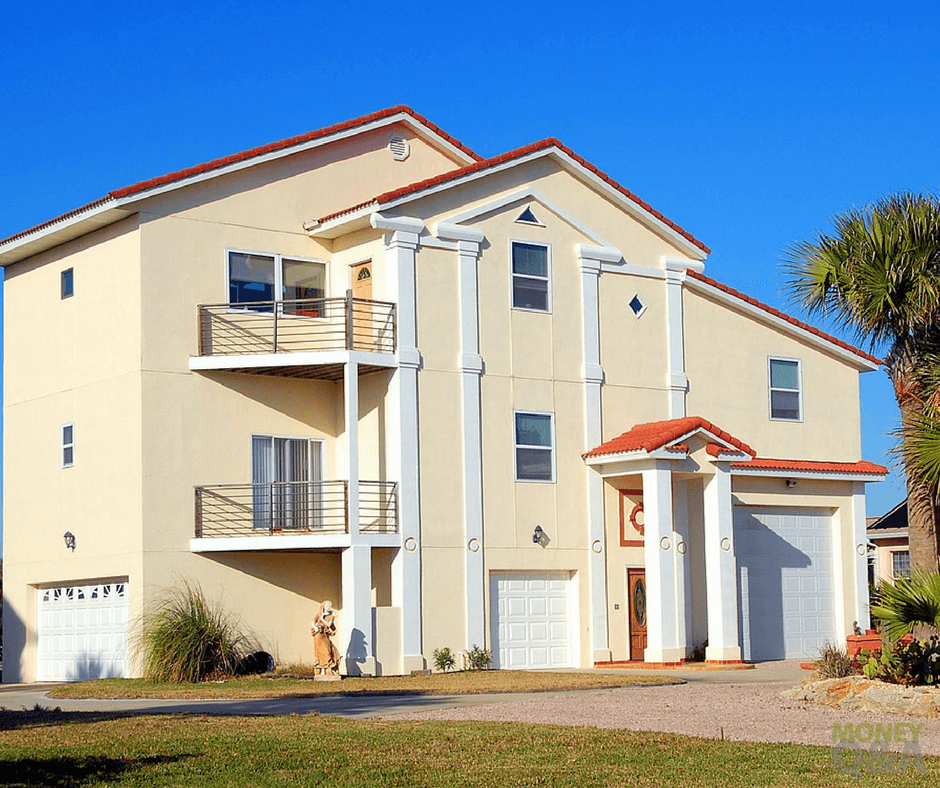In the UK, there are three options to find yourself a home to live in; buying a property, having your local council help you find a house, or private renting. Unfortunately, when it comes to social housing, you’re graded by how much you need a home. This means that people with children and vulnerable people will come above someone that’s perfectly capable.
Private Renting In The UK
This is because there are hostels around that can help home you until a property is found. Buying a home might not be an option due to the sheer amount of money you need for deposits. That leaves private renting as possibly the only viable option if you need a home fairly quickly, so we’ve created a guide on everything you need to know about private renting in the UK.

Clear your rental history
Perhaps you were a little careless back in college with your rent, or maybe you ran into some financial difficulties and couldn’t pay the rent for your last accommodation? Whatever your reason is, it can and will harm your rental history, and it’s important to make sure that you clear your name so that private landlords will approve your applications. You can view your rental history report and see if anything has been marked against you, then take steps to clear it so that you can make a fresh start.
Save for a deposit
Most landlords these days require a deposit of a month and a half of rent before you even move in. This is to pay for your first month of rent, alongside a safety deposit in case of any damages to make to the property. This is often refunded at the end of your tenancy.
It’s a good idea to find out approximately how many deposits are in your area so that you can begin saving. If you’re on a low income, it’s also a good idea to find someone who can be your guarantor.
Check if they accept DSS
If you receive benefits for whatever reason, your landlord will need to know. Some landlords don’t accept DSS (benefits) because of the risk of not having their rent paid each month. However, in some cases, you can have your DSS paid straight to your landlord to avoid missed payments for private renting.
Check for white goods
In some cases, landlords have furnished their properties with white goods such as cookers, fridges, freezers, and washing machines for private renting. It’s always a good idea to check whether you will need to obtain your own white goods so that you can prepare before your moving date. You may find that properties that are already furnished with white goods are more expensive.
Arrange a viewing
It’s always important to arrange a viewing of your private rented property so that not only can you check to see if it’s going to be big enough for you, but you can see if there are any underlying problems before moving in. quite often, landlords will hide problems such as damp away from you, so be sure to check every nook and cranny. Take pictures so that when it comes to leaving the property, you’re not risking any blame for damages you didn’t make.
Tips for moving out of a rental property
Finally, when it comes to moving out of your private rented property, there are a few things to remember:
- You will often need at least a month of notice before moving out.
- It’s a good idea to pay for a professional deep clean so that you get your deposit back.
- Make sure that all (if any) appliances are in good working order.
- Take photos so that you’re able to prove any damages were or were not you.
Follow these tips, and you will be able to rent a property privately with no bumps along the road. Good luck in your new home!
